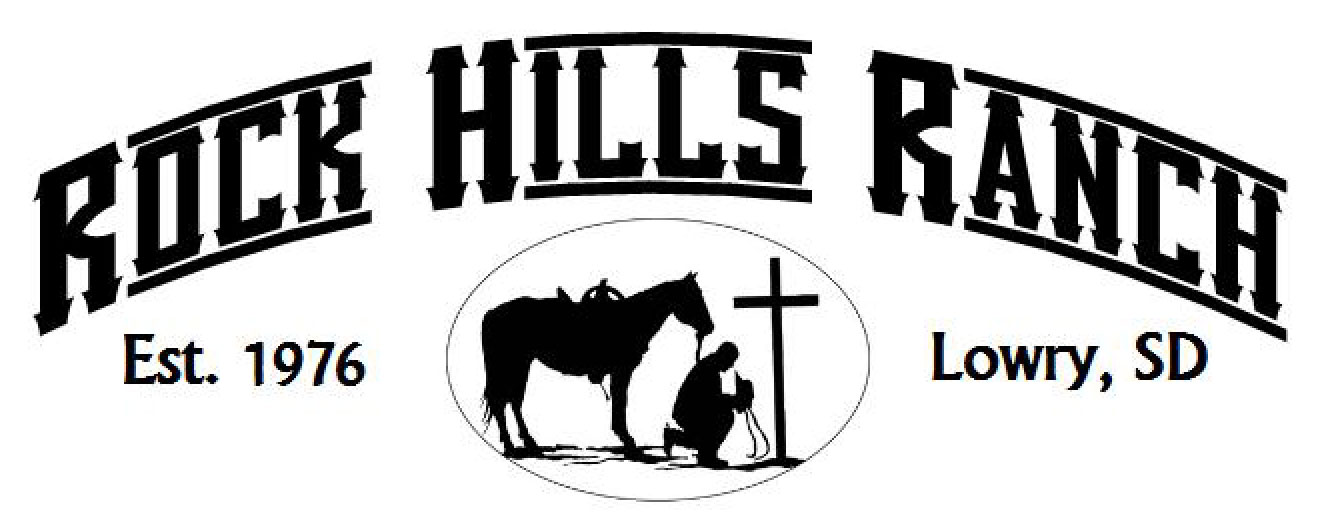My name is Alexandra Galber, Alexi or Lexi for short. I am a combat veteran of the Israel Defense Force (SSgt). I have a LL.B (law degree) from Ramat Gan, Israel, and on May 14th I graduated from Chicago Kent School of law with a LL.M (master law degree) in US, International, and Transnational law. I lived in London, England before I moved to Israel at the age of 16.
After graduation I wanted to spend my remaining time here in America doing something truly American. Something that I couldn’t do in either Israel or England. And that is how I fell into South Dakota and landed here at Rock Hills Ranch with the Perman’s.
Growing up, my family (Mum, Dad, and two younger sisters) would spend the holidays camping in the southern English country side rather than in a hotel. Once or twice we even stayed on a farm. But that is the closest that I had ever came to something like the life that I have been living over the past three weeks here on the ranch. With no disrespect to Chicago, I have never been into living right in the city, and I found that in comparison, the fact that the closest town from here has maybe 10 people living in it, is definitely more to my liking.
Over the past three weeks I have experienced things that I could never have even thought of before. Among the many things that I have learnt through experience here at the ranch is that there is so much more to grass that it just being green! And that it is considered to be traffic when there is more than just you and one other car on the road!
The day after I arrived at the ranch a group from the World Wildlife Foundation came to visit. It was a great way for me to be introduced to the ranch as we went on a tour of the pastures and received explanations of how the ranch functions. It was especially interesting as the ranch is based along the 100th Meridian, and also has Native American tee-pee sites. The visit was also the perfect example of how different people with different opinions can work together to find a way to protect, what I have come to learn as being one of the most important things that needs to be protected, the grass.
My first real ranch life experience, and therefore, out of my world experience, was moving cattle. As someone who has never been in the middle of a field completely surrounded by extremely large cows, this experience may have definitely caused me some blood pressure problems. Even after being around cattle a several more times, I still maintain that I would rather deal with the animals that I had to deal with during my time in the service, rather than deal with an unruly cow. My inexperience with cattle was shown once again when I had to wrangle an escaped bottle fed calf back to the barn where it was kept. Thankfully there are no cameras in that barn. The whole situation would have been a whole lot less amusing had I not been wearing a sweatshirt with the name of my military unit, and the words “counter-terrorism” written on the back!
My second real life experience was the first time that we worked the cattle. Let’s just say that if anyone ever has the need to castrate a bull calf, they can call me.
This past weekend Tucker, the other intern here at Rock Hills Ranch, and I drove down to Mount Rushmore. It is incredible to think that it was carved in a time before the advancement of technology. During our trip we toured a bison ranch with the Grassland Coalitions, of which we are now members, and spent the first night at the Perman’s cousins in Rapid City. We also visited the Crazy Horse monument, the town of Wall, the ghost town of Scenic, and drove through the Badlands, where we camped on Saturday night, something that was only possible thanks to Tuckers skills at engineering with duct tape.
There has been so much more to these past three weeks that what I have begun to write down and hopefully the next ten days before I fly back, will be just as amazing, and just as American.



